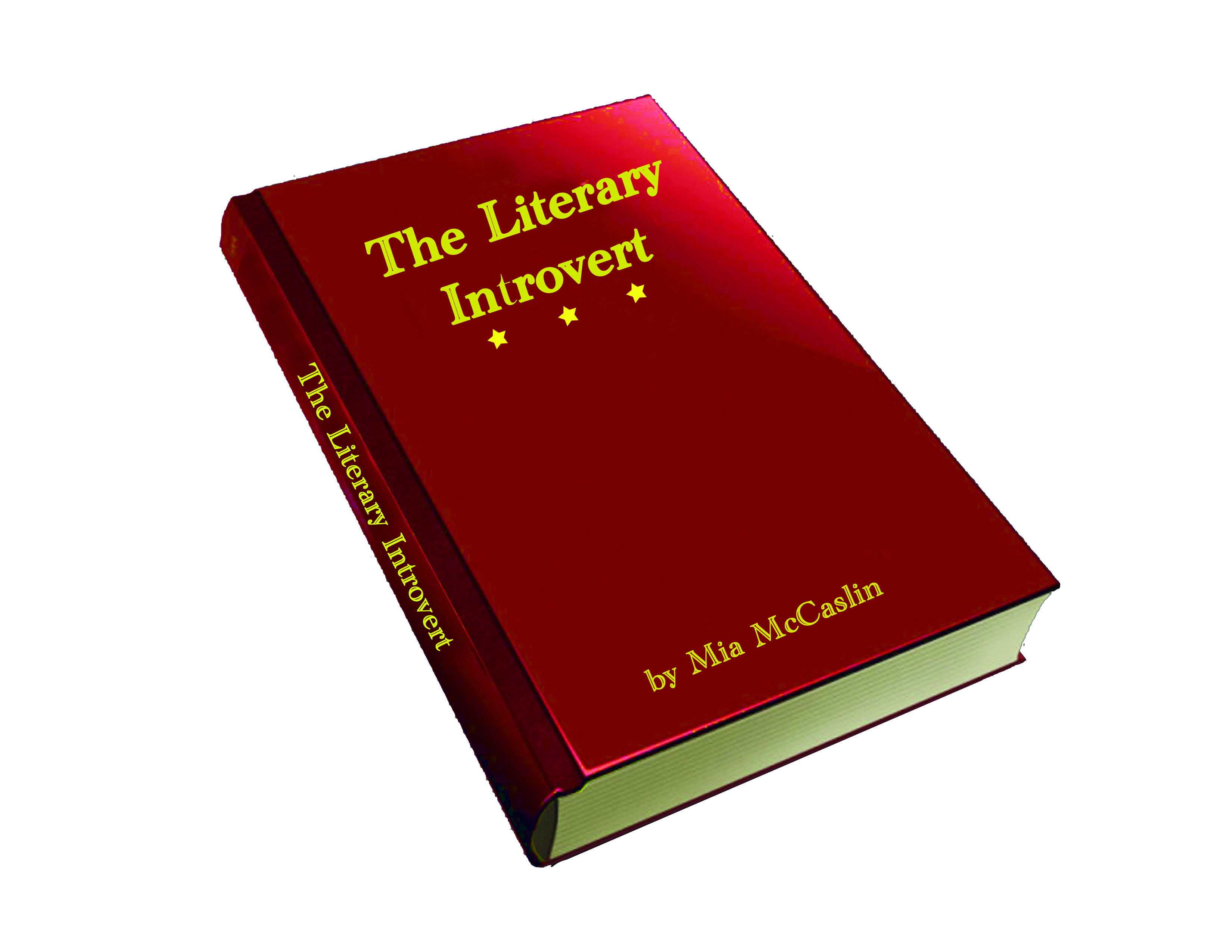The Literary Introvert: The Reading Challenge
Forty-two percent of college graduates never read another book in their lives, according to the Pew Research Center. As an English major, this statistic dismays me; however, as a current college student, I can completely understand the desire to remove reading from your schedule after finishing school. Morbidly curious, I kept researching statistics of reading, and what I found made me change my tune. Pew Research also found that 29 percent of people over the age of 16 have not read a book in the last year.
This is atrocious. Reading and literacy are directly related to salary. Nearly half of the adult population of the U.S. resides in the lowest two literacy brackets. Of the nearly 150 million people who have such low literacy rates, 61 percent of them live in poverty. Initially, I was appalled by these numbers, but after thinking about it, I realized that I myself did not read a book that wasn’t required of me in my last two semesters of college.
Wel,l here I am, making a new semester resolution to change that. I have decided to embark on a reading challenge for this semester: read three books in three months. This is a year-long challenge, and there are twelve categories:
- A book you’ve been meaning to read
- A book published this year
- A book from your childhood
- A book you SHOULD have read in high school
- A book “everyone” has read (but not you)
- A book by a favorite author
- A book recommended by someone with great taste
- A book that was originally written in a different language
- A book you chose because of the cover
- A book you chose because of the movie
- A book your mom loves
- A book that is currently on the best seller list
You can pick categories in any order, so let’s ease into it. I’m going to start with a book from my childhood. Childhood books are fantastic for rekindling your interest in reading for fun. With familiar yet simple plot lines, these books can drag you back in. I know many people don’t see the value in reading a book they have read before, but each time you read something, you bring all of your experiences to the table. If you were ten the last time you read that book, you have an entire decade of education, heartache, friendships and ideas to allow you to appreciate the book in a completely different capacity.
Some books are written explicitly for children with little literary value other than to encourage kids to read and teach them valuable life lessons. I know you want to defend your favorites, but I read those books too, and if you want to tell me the deeper meaning, I expect a four-page essay on the underlying themes of Captain Underpants as a tragic hero on my desk by Monday.
Anyway, when choosing a childhood novel, go for something that had a really big impact on you as a kid. I have chosen to re-read “The Tale of Desperaux” by Kate Dicamillo. I cannot count how many times I read that book in elementary school. I felt so protective over it that I refused to see the movie because there was absolutely no way it could live up to what I had envisioned. I haven’t read the book in at least ten years, so I am excited to see what else I can get out of the pages.



